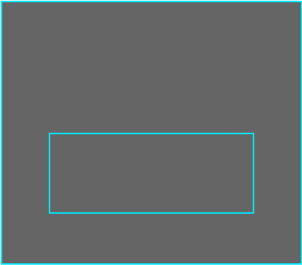
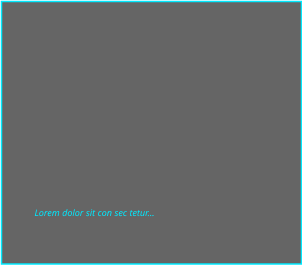
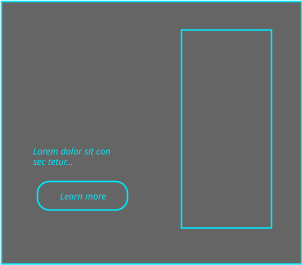
Case study
LG DCO PLATFORMS
Creating dynamic algorithmic banner media platforms
1M+ Variations
13 product categories
300% lift in cvr
Introduction
Background
Lots of Media
LG is a huge consumer electronics company with over 12 product categories and over 100M per year in digital ad spend. LG produces a lot of banners, runs stacks of SEM, and coordinates global media efforts as well. There is also coordination with national PR, campaign, and product launch initiatives.
$100M
per year
Situation
Overwhelming Data
LGE North America brought media buying in-house, which meant they could house all first-party data in their system. An enormous amount of data about potential media targets was compiled, and the media team was very eager to take advantage of their hard-won new media capabilities. Optimizing one batch at a time wasn’t going to cut it anymore.
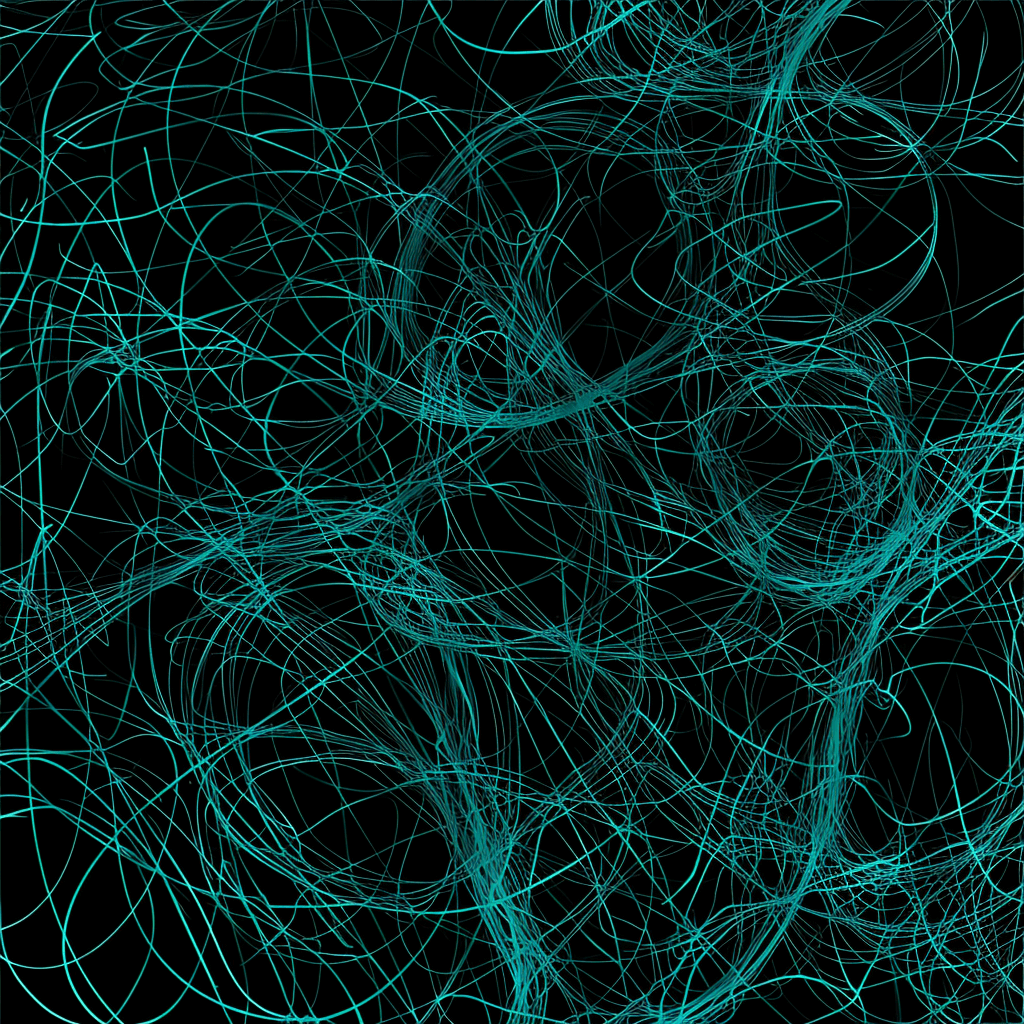
Opportunity
Connecting All the Elements
Using a Google tech stack, there was an enormous opportunity: DCO, or Dynamic Creative Optimization. It connects the media buying process, audiences, and creative together to sort through as many variables within the creative itself against a real-time Google-powered media purchasing system. Along with developing audiences and insights, of course.
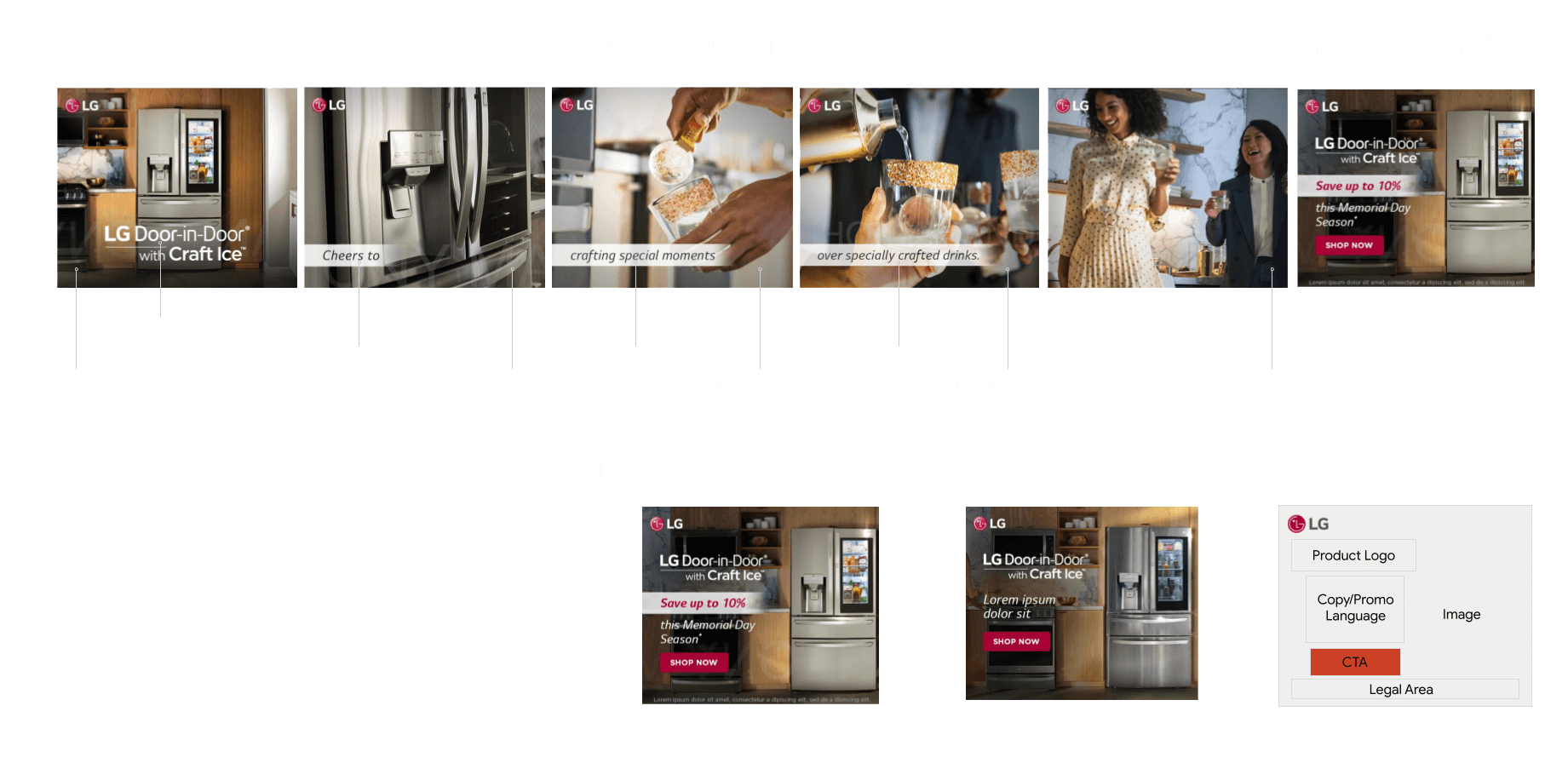
Approach
Three Creative Platforms
DCO banner platforms were created for the two largest product categories, Home Appliance and Home Entertainment, and a growth category for the brand, Monitors.

Storyline

Window

In Their Words
Platform One
STORYLINE - HOME APPLIANCES
Home appliances were challenging because this large major category has a wide range of product types, including kitchen and laundry. Each unit was built to allow for brand asset imagery and several pieces of copy that would be built over multiple frames, and the final frame was carefully constructed for maximum impact. Copy matrixes were created with dozens of ways to emphasize features, benefits, and lifestyle selling points. The goal was to accommodate multiple storylines with a matrix of assets.
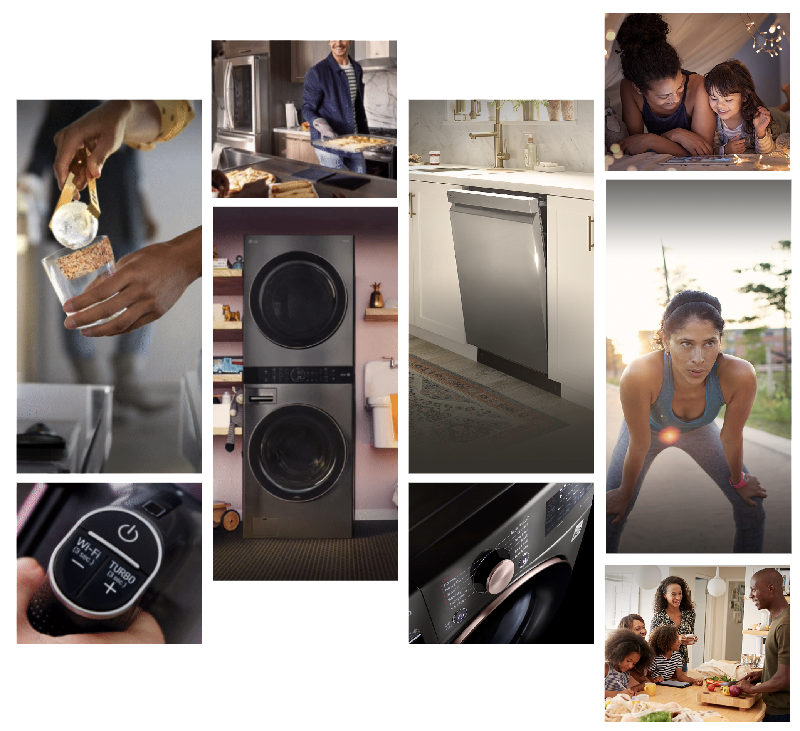
Banners would not loop, they would end on last CTA frame
Platform Two
Window - Televisions
The common thread for all television units was the rectangular screen itself. Regardless of size, all televisions look the same when they are reduced to the size of a banner. So we created a flexible HTML-based container, which skewed using CSS animation, and played a micro-video that synced with the background visual assets. We then made a matrix of brand assets and copy stories that would communicate features, benefits, and technology advantages that matched the accompanying asset.
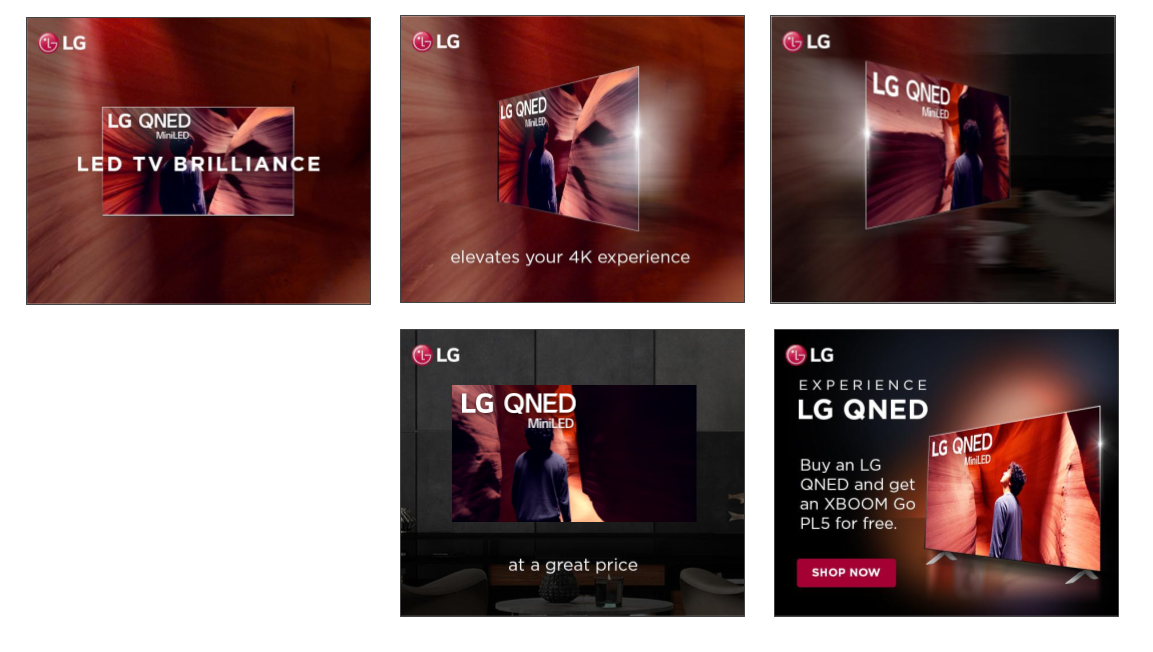
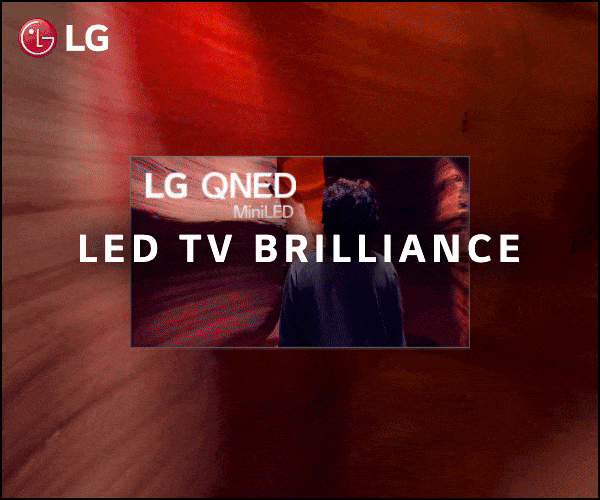
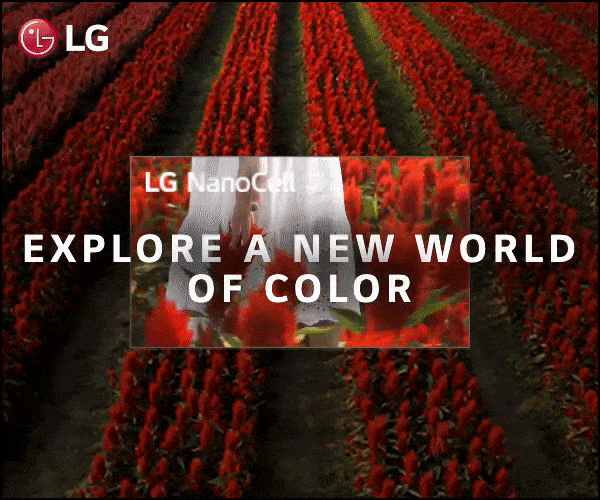
Platform Three
In Their Words - Monitors
Customers had some very colorful ways of describing their LG monitors. With their permission, we pulled a fantastic series of short review blurbs from social media that mention specific features and a series of real in-situation photographs supplied by users themselves, which we acquired use from them directly through Instagram, Reddit, and Facebook. The combination felt more authentic because it was in the users’ voice, and we supplied a matrix of supporting copy options for the algo to optimize against.
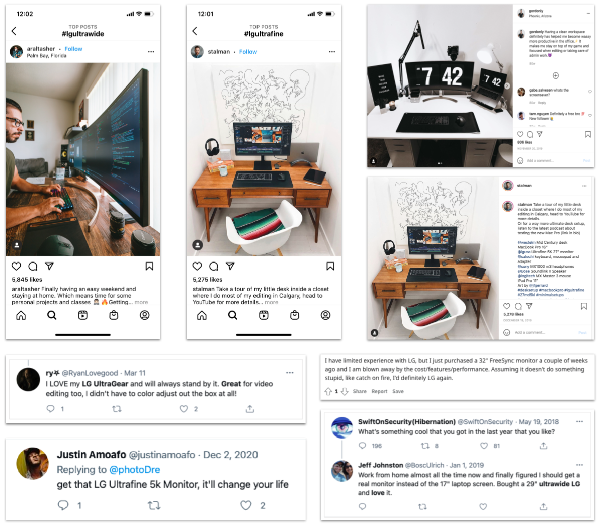
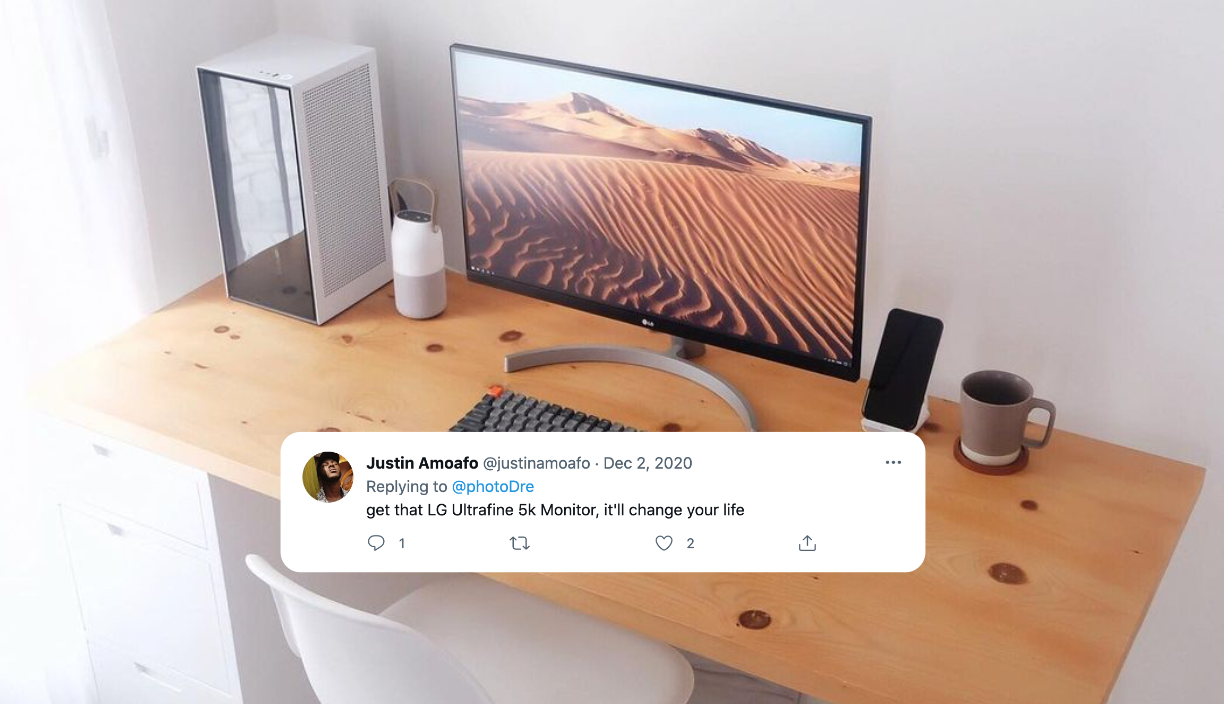
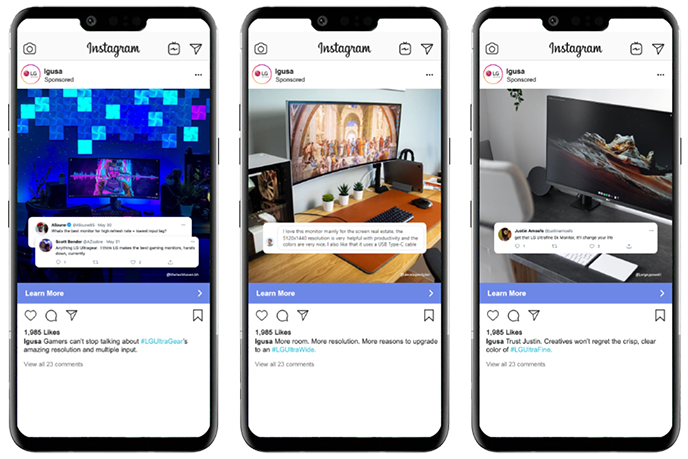
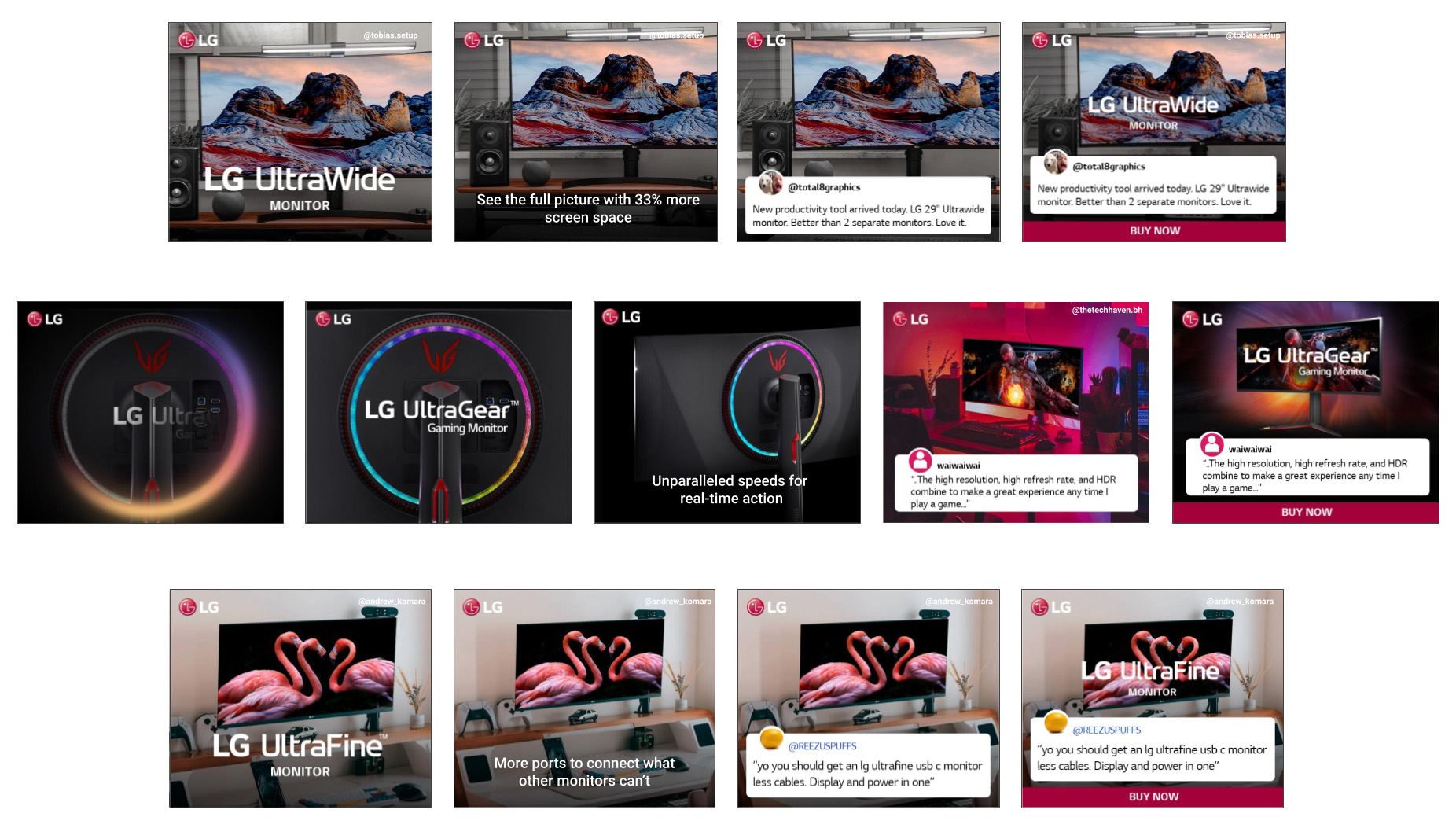
Results
Exponential Improvement
Over 300% lift for certain runs in CTR, but in many ways, the most significant benefit is a multi-year set of platforms that can be optimized exponentially over time.
300%
just to start

